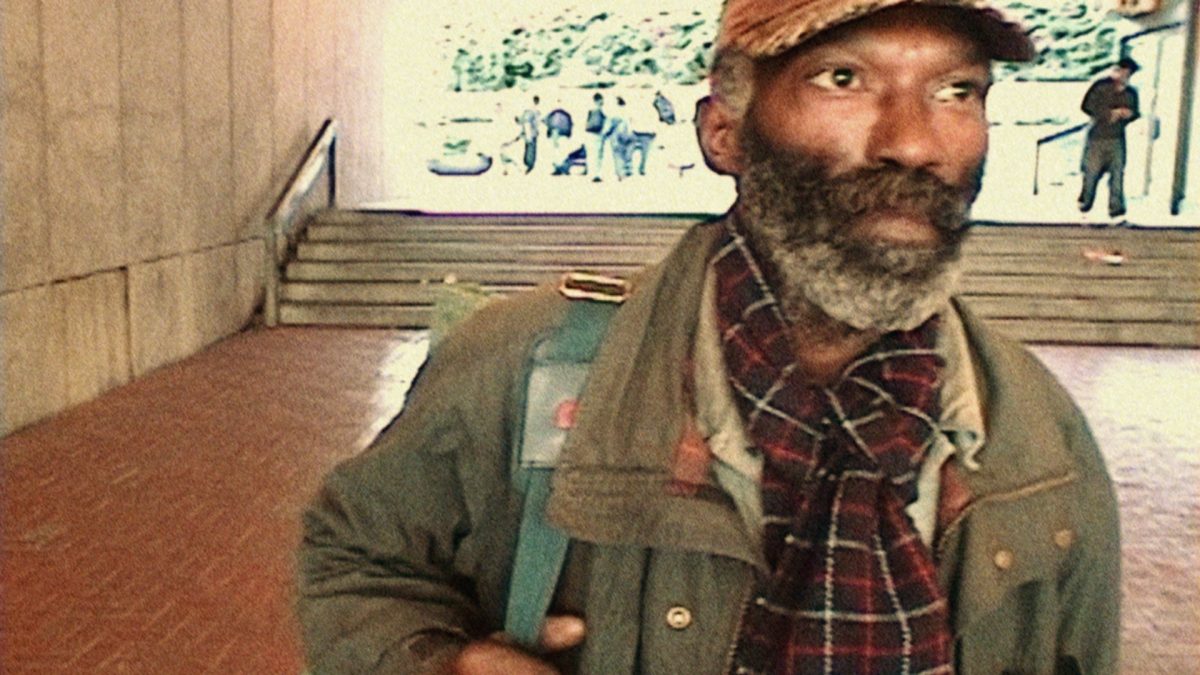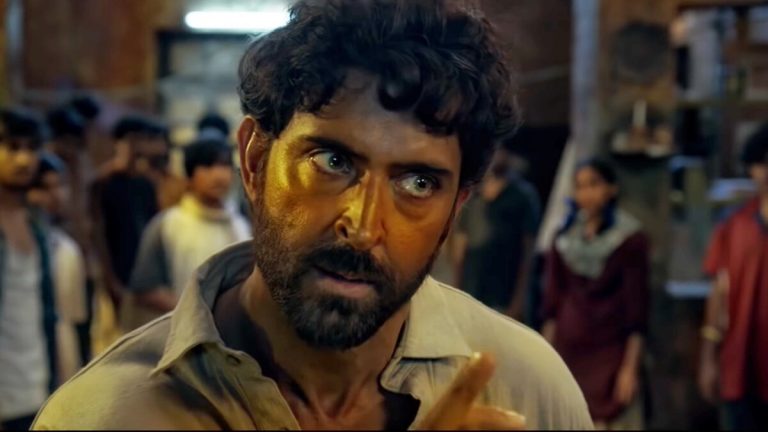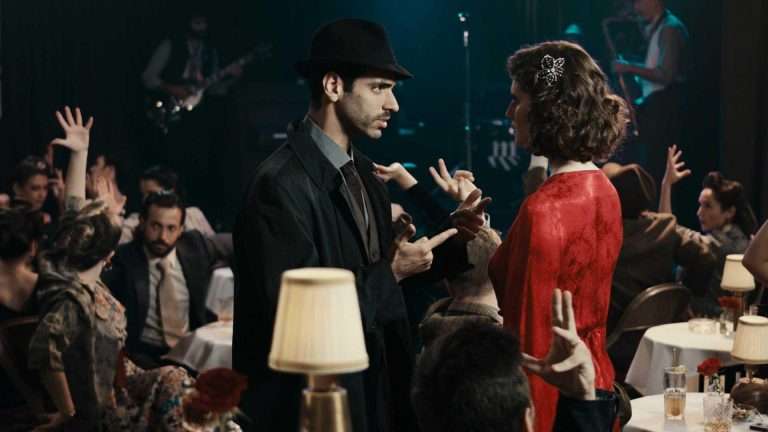From afar, the American dream is that of shimmering lights, high skylines, and a life that moves at razor speed. For filmmaker Fran Guijarro, who arrived in San Francisco in 2007 to join an art school on a scholarship, the American dream became imminent with the tech capital always booming with people going somewhere, or working hard to go somewhere. However, he also came across one of the major issues that engulfed the city, like the fog that often covers it. Homelessness – seen as a feeling of complete invisibility has penetrated the heart of this vibrant city, and Fran decided to do something about it.
His narrative short film “I Wish” was his first step in understanding Homelessness. He turned his lens towards the streets and tried to get people to open up to him. During this project, he was saddened by how homelessness has also caused thousands of people to further isolate themselves from society. Their invisibility, thus, also rendered them from being heard. Their stories and their needs turned into placards that begged for help.
However, the project also helped him get up and close with his subject in “Moses,” a one Alivin Moses Carbins. Both the documentary and the short center around this homeless man whom anyone who frequents the financial district or the Starbucks where he has stationed himself for over 20 years, would recognize. Moses calls his spot on the corner “the office” and is the only homeless person who would genuinely greet people on the street or spark a conversation with them. Communication is at the centre of the documentary and is also the driving force for us to understand Moses’ life.

Broken into chapters, the story uncovers the complex life that the man lived. Working around the short that helped Moses out of the streets to a different country, the chapters are carefully and poetically worded around the music that he played. It does go into the lives of people who touched his life – 3 of whom are used as plot devices, but most importantly, it doesn’t paint his life in shades of gray just because he struggled with substance abuse.
Estranged from his family in the late ’70s — the reasons for which are revealed as we get to the core of his life — the documentary, for once, does not judge the man for his actions. Like his subject’s personality, director Fran Guijarro bestows his story with empathy and a wish for redemption. The production, stretched out over 15 long years, reflects Guijarro’s commitment to Moses’ life and, in some way, helps lead him toward a truly human transformation.
Unlike most documentaries, “Moses” inherits its cliches and then carefully maneuvers around them with a powerful look at how community, commitment, and a need for change can turn anyone’s life around. It’s an optimistic story about a truly optimistic person, making it a life worth noticing.



![Sissy [2022]: ‘SXSW’ Review – A Luscious And Brutal Horror Comedy Packed With Brilliant Performances](https://79468c92.delivery.rocketcdn.me/wp-content/uploads/2022/03/Sissy-1-768x403.jpg)
![Sad Beauty [2018]: ‘NYAFF’ Review](https://79468c92.delivery.rocketcdn.me/wp-content/uploads/2018/07/SAD-BEAUTY-STILL-13-768x511.jpg)


![Toofan Mail [2022] ‘WFF’ Review: An Excellent Leading Performance Anchors this DIY Emergency-era Period Drama](https://79468c92.delivery.rocketcdn.me/wp-content/uploads/2022/03/Toofan-Mail-8-Down-2022-1-768x432.jpg)
